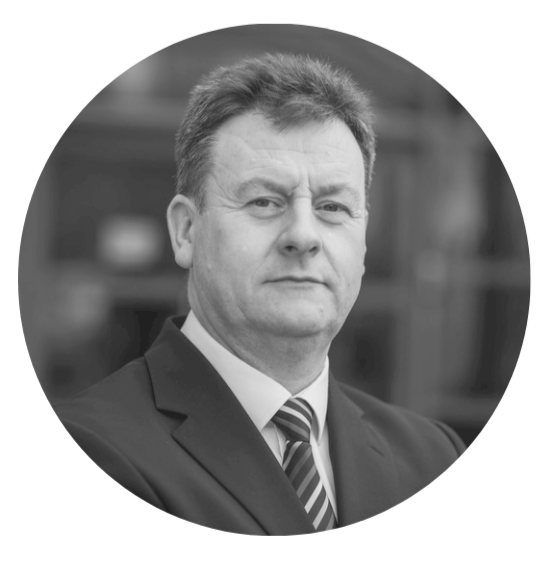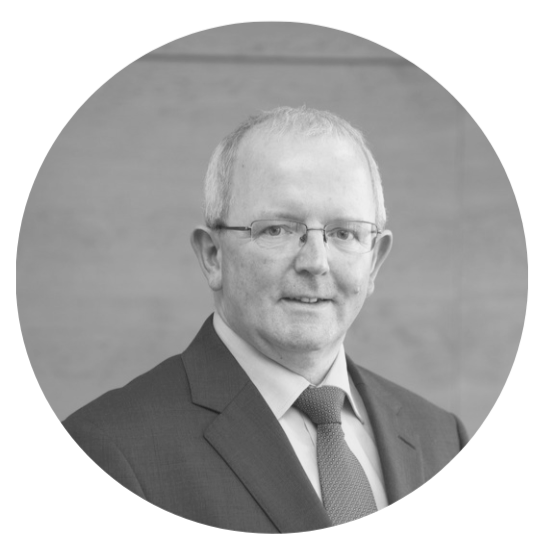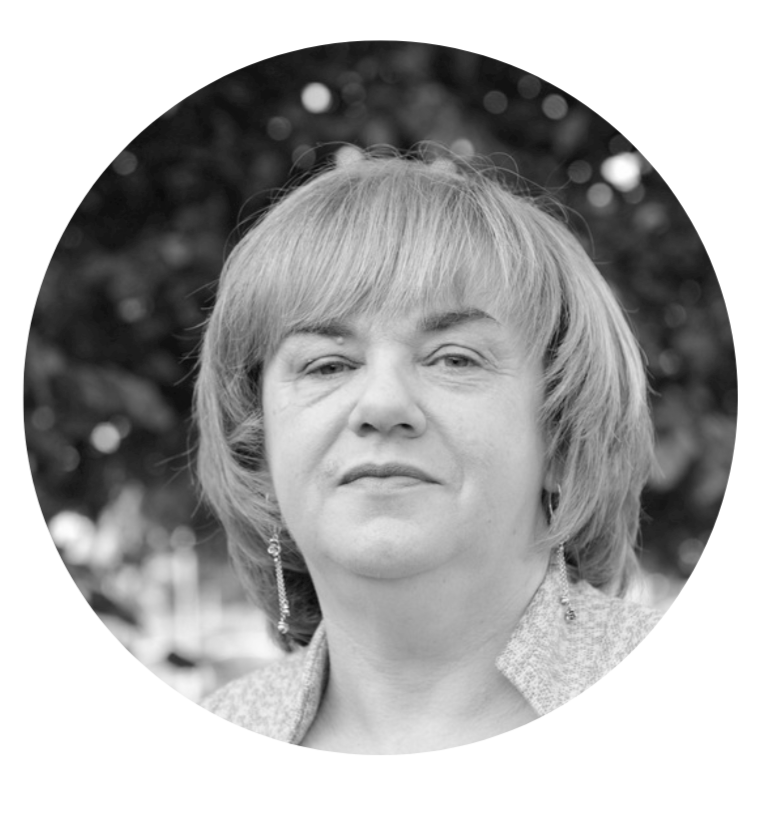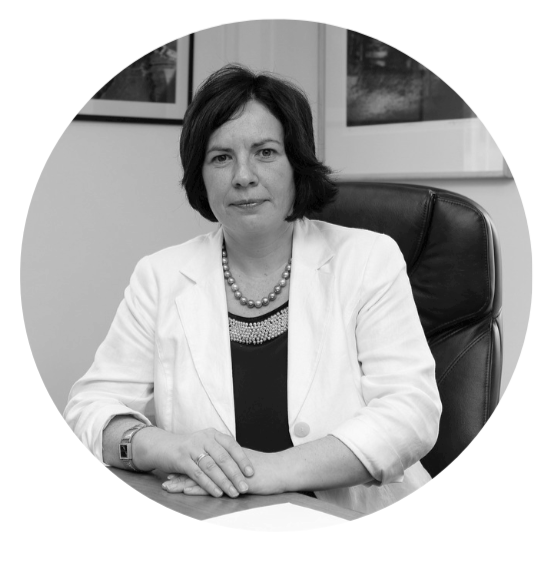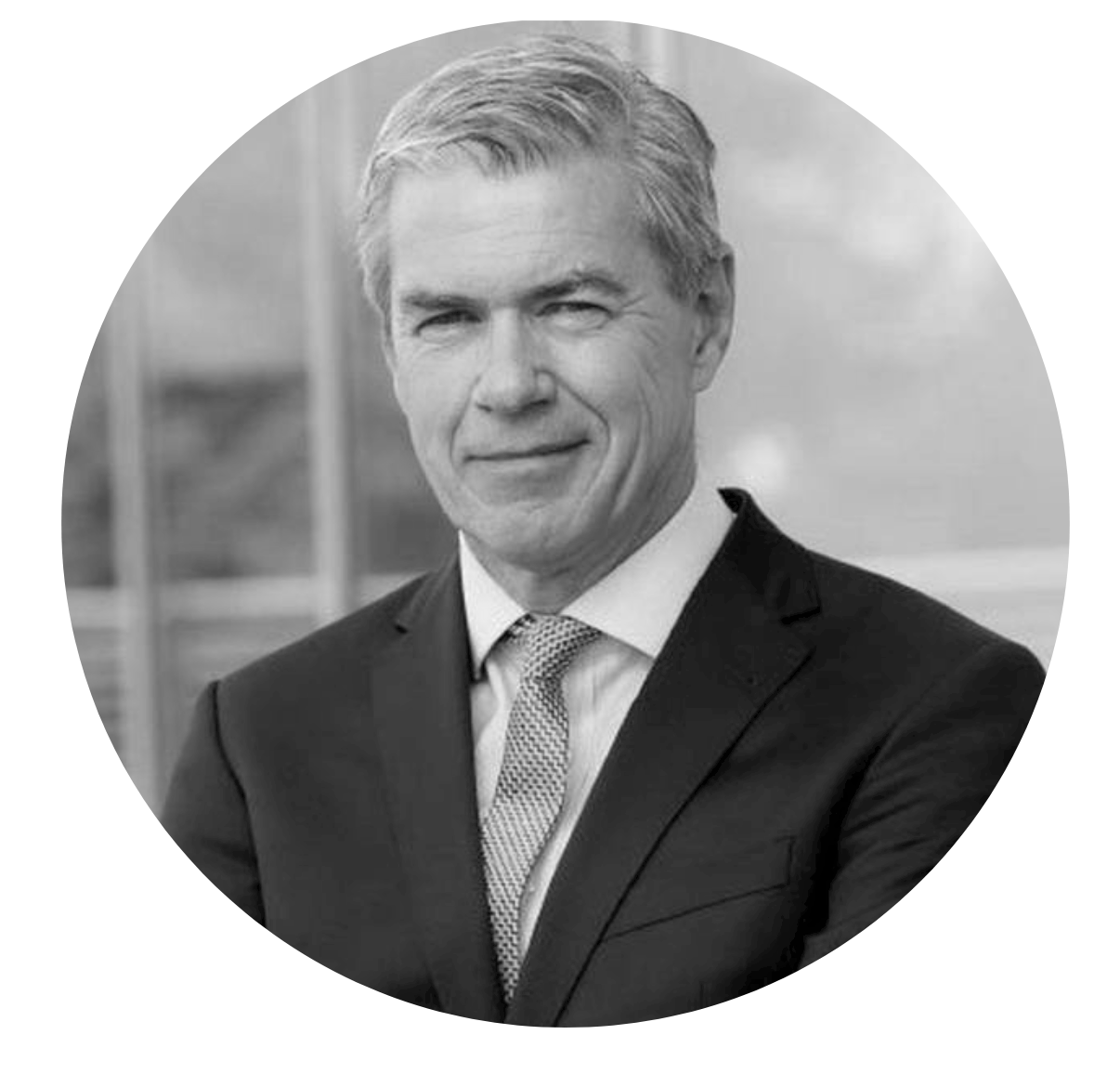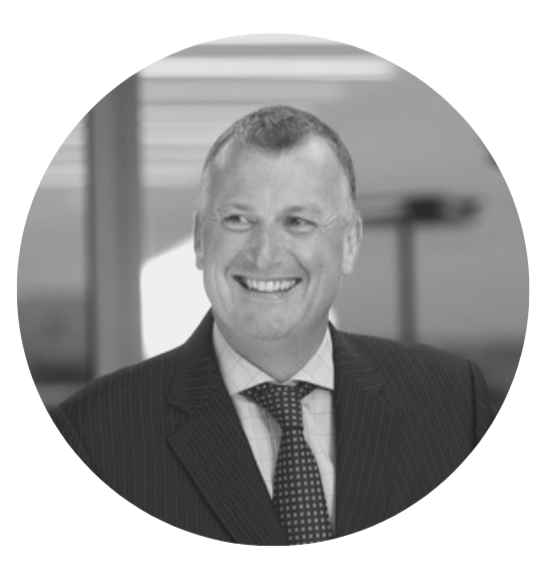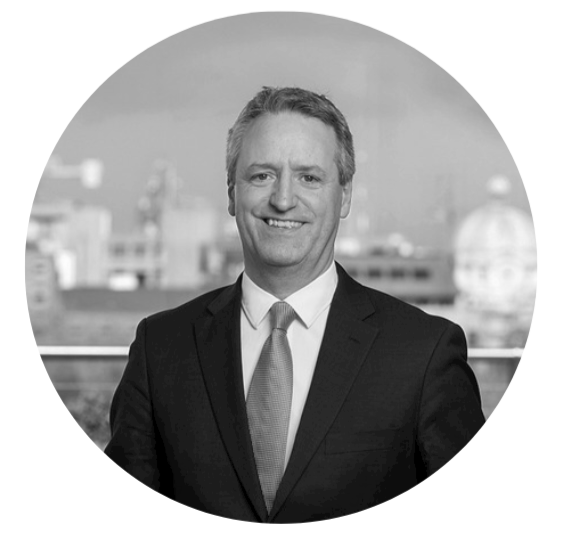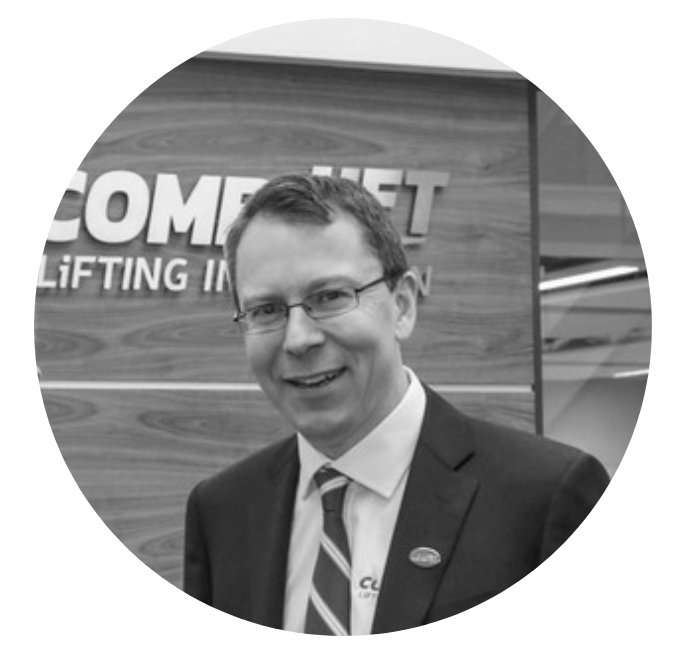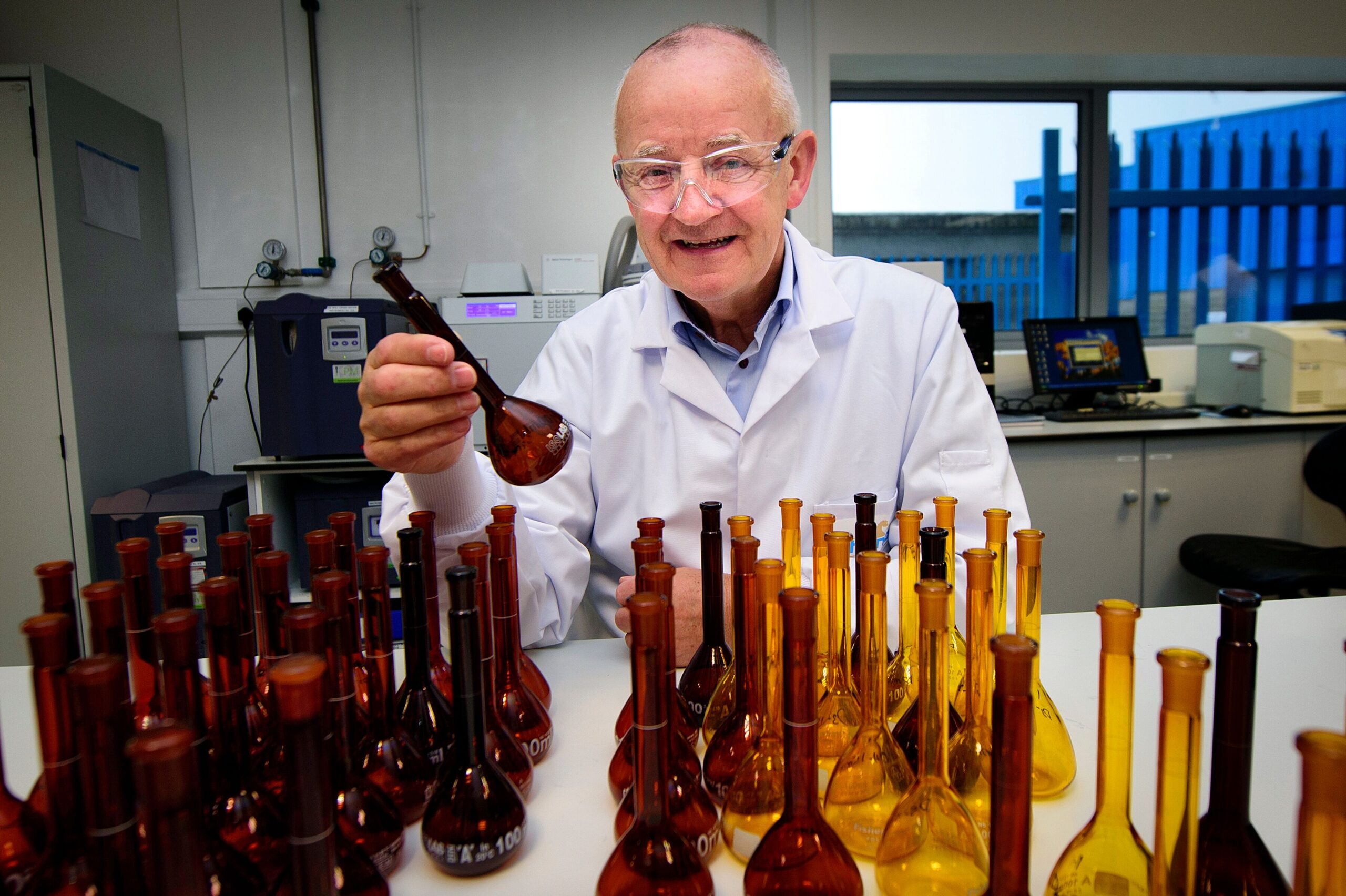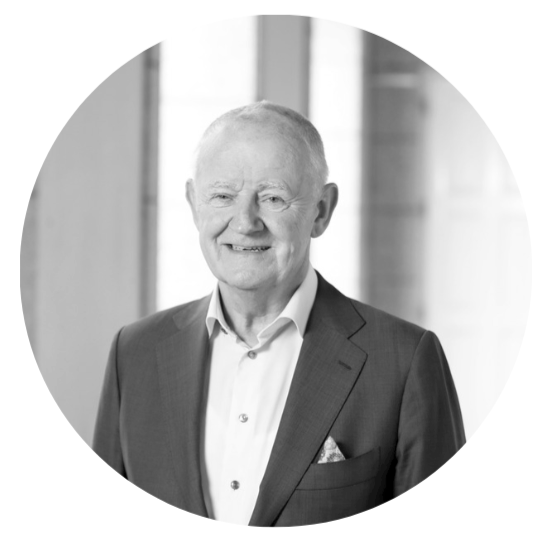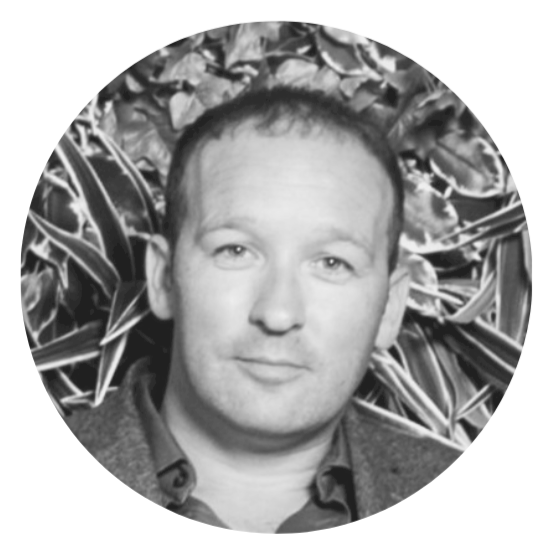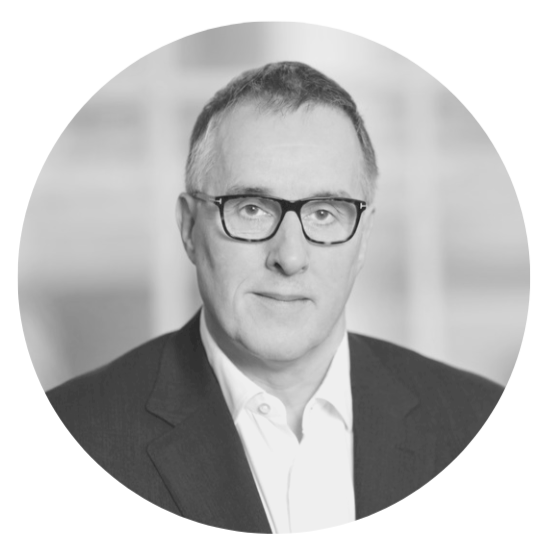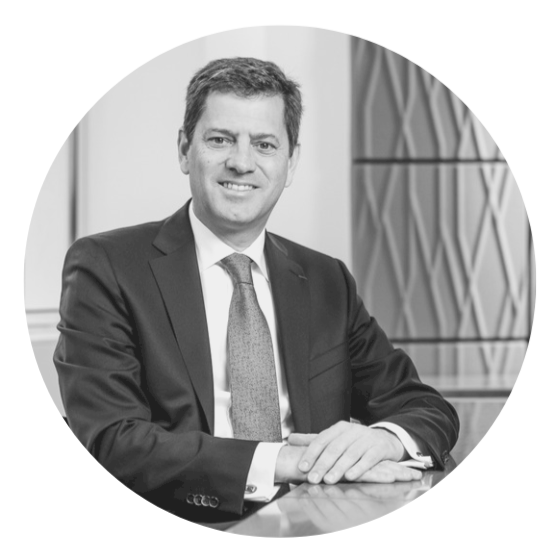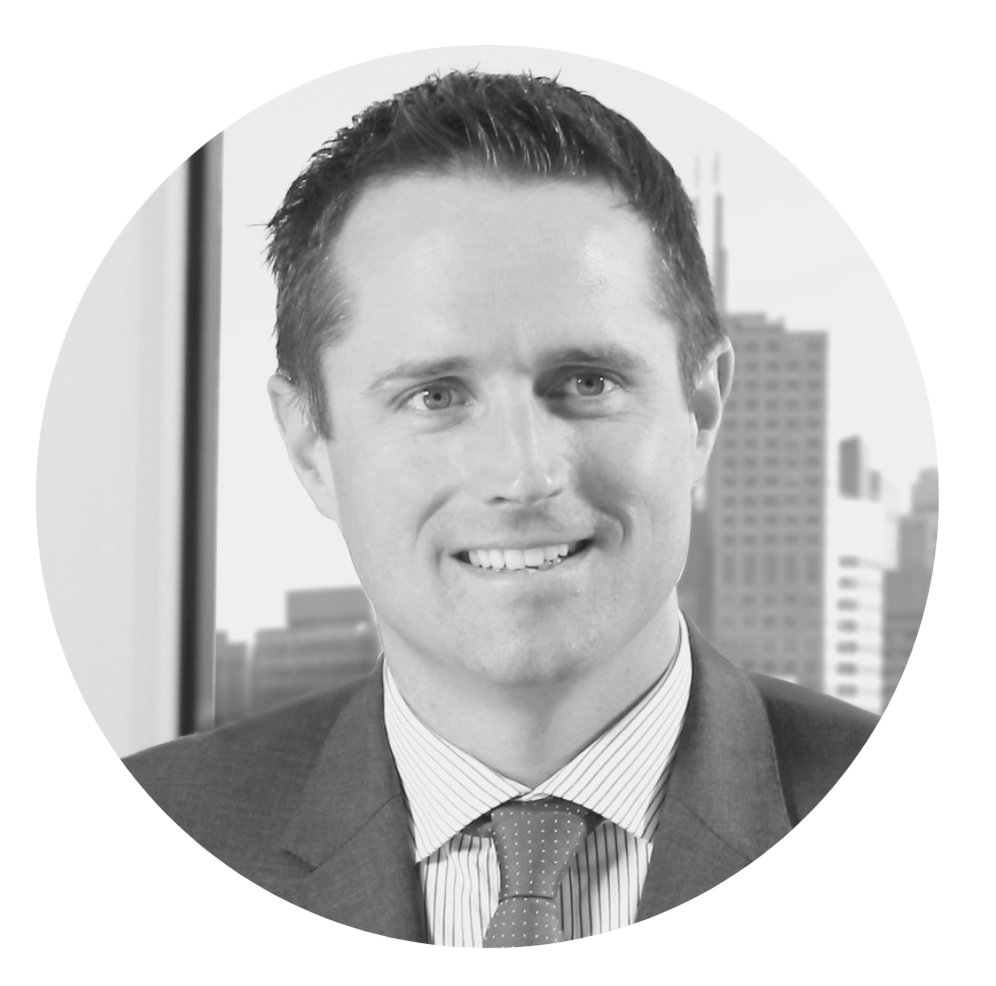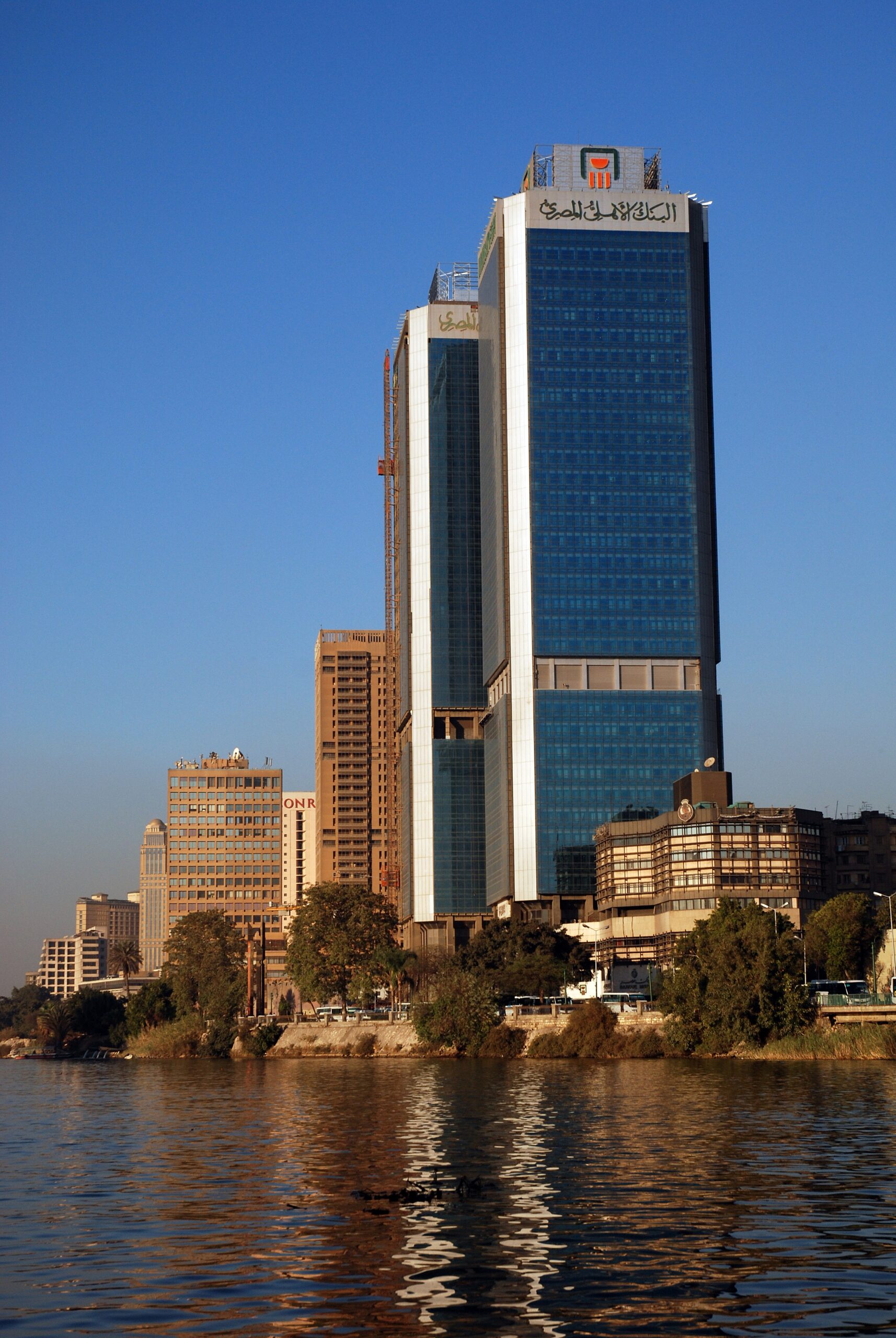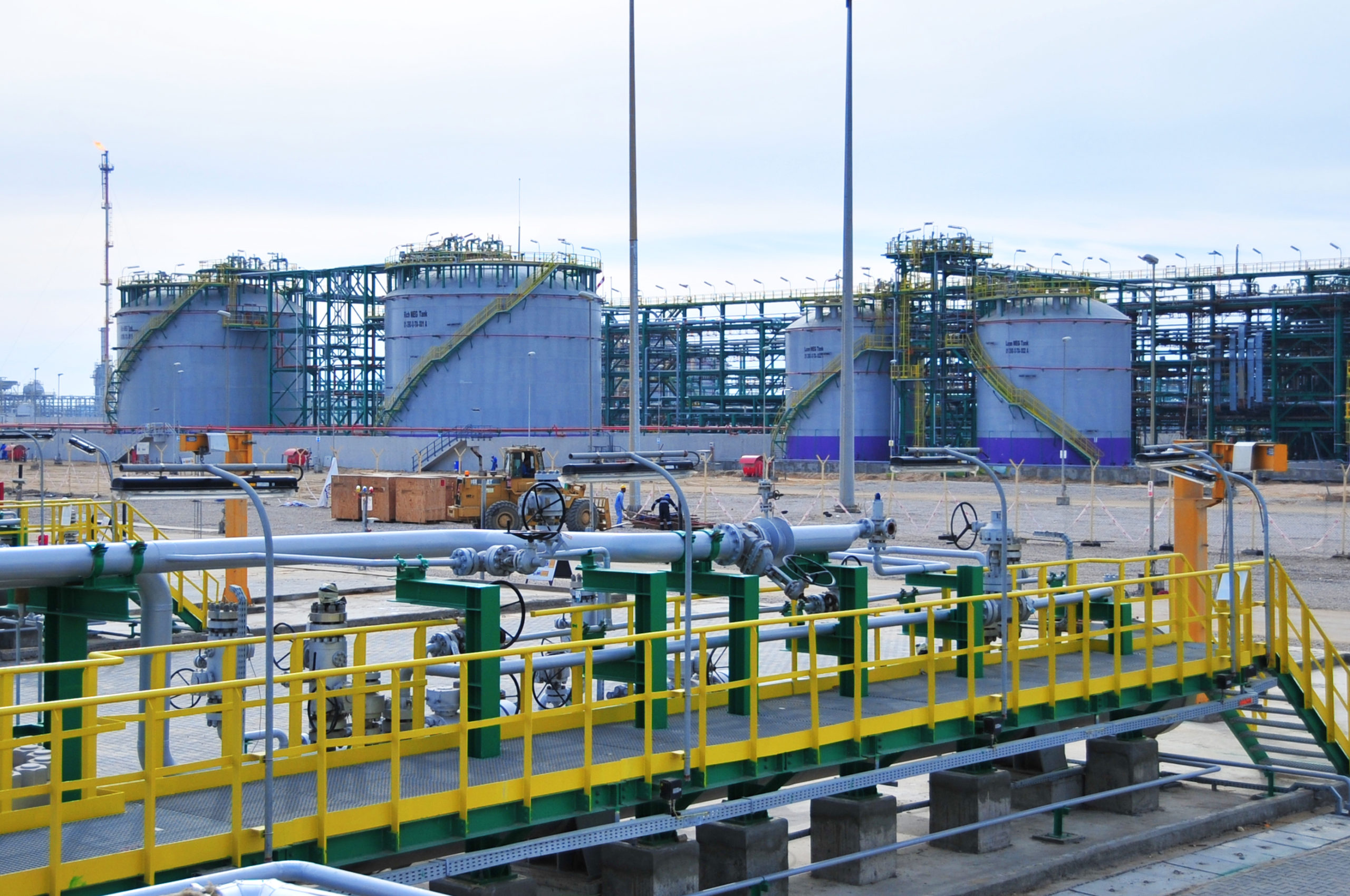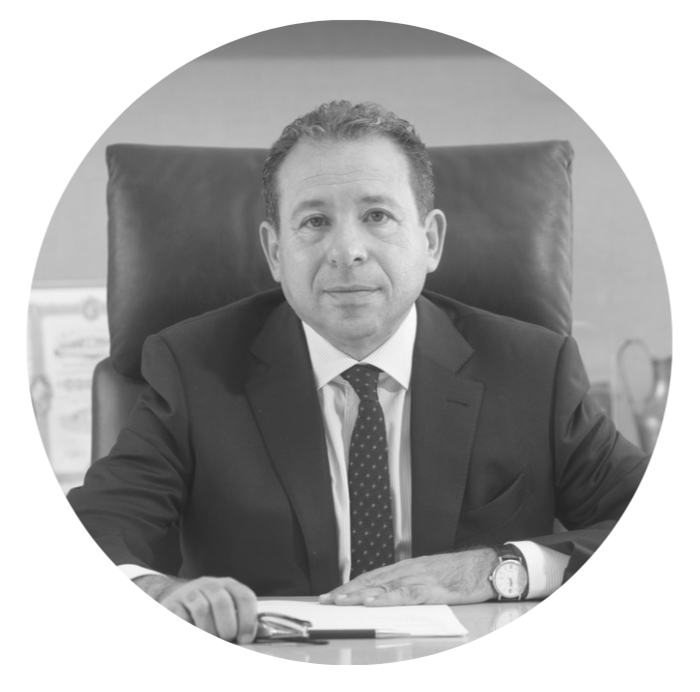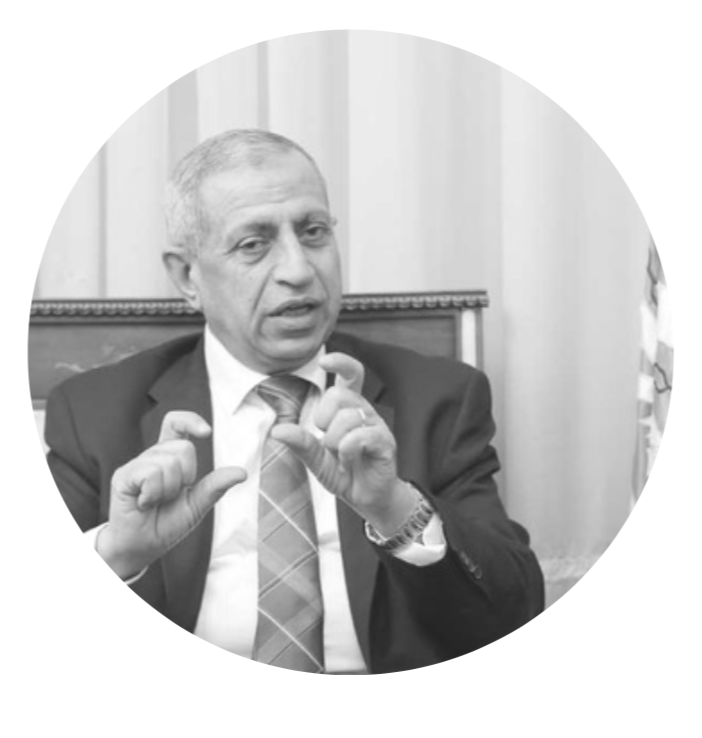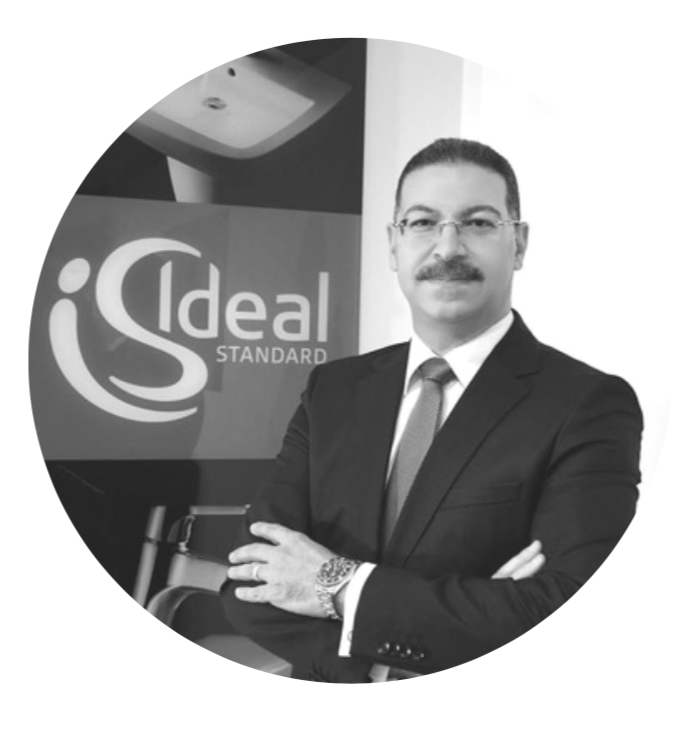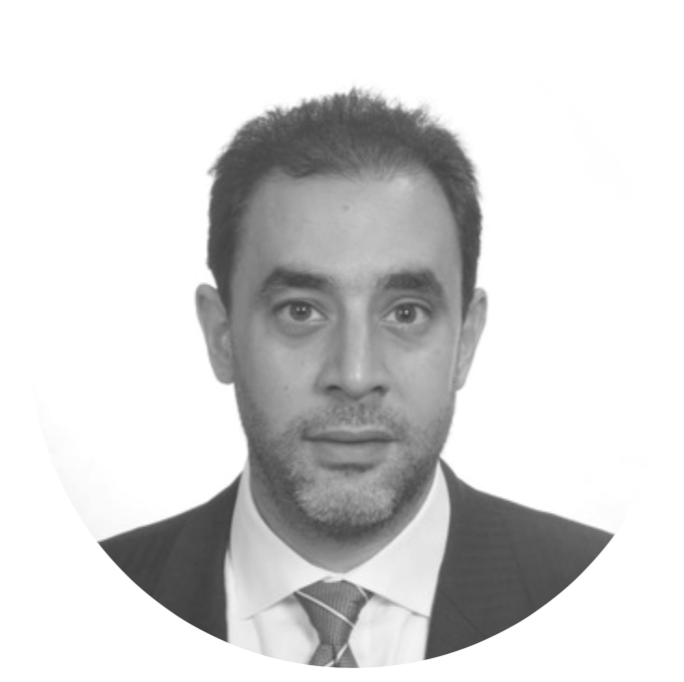 How do you assess the growth of the aviation sector?
How do you assess the growth of the aviation sector?
The Baltic economy will continue to be characterized by its steady and sustainable progress. The aviation sector accounts for roughly 2.5% of GDP, and cautious, and conservative estimates forecast a growth of 3%. During the past five years, we have invested EUR 154.2 million in the airport infrastructure, including more than EUR 90 million of EU funding, which will certainly aid in the sector’s development. RIX manages half of the air traffic in the Baltic region, and for today the airport’s development is five years ahead of our neighbors – Estonia and Lithuania. RIX handled 5.4 million passengers in 2016 and is expecting to reach not less than 5.9 million in 2017. It is notable that the airport surpassed a turnover of EUR 50 million in 2016 and half of it consists of non-aviation revenue. The aviation sector is expected to grow and therefore investments worth EUR 120 million are planned over the next five years to support RIX expansion. We are confident that RIX and the Latvian aviation sector, in general, are going to continue their sustainable and balanced development.
What segments have the most potential?
Our geographical location between East and West gives us a wonderful opportunity for cargo growth. The government and the airport work very hard on promoting air cargo transit from Asia, including the perspective and fast-growing Chinese market, and to develop Latvia as the transit corridor for Northern and Central Europe as well for the CIS countries. We hope to see many developments over the next two years within this prospective segment. RIX has significant benefits over other European airports including lower airport charges and a modern and developed infrastructure. For example, distribution of fuel within the airfield is through an underground hydrant system which is rare within other similarly sized airports. This system helps us to speed up wide-body aircraft turnaround time from up to four hours to as low as forty minutes. RIX also cooperates with state institutions such as the Latvian Post which is developing common products for e-commerce shipments and establishing direct cargo traffic from Asia to Europe. Also, border control and other authorities to make transit more efficient, faster and relevant for business development. These are critical preconditions for increasing the airport’s competitiveness.
To develop RIX capacity in cargo segment, the airport plans to implement an ambitious investment project to develop a new cargo logistics complex which will be no less than 10 000 square meters. This complex will ensure the continued growth of two key segments within the airport: air cargo and e-commerce. The airport finances this EUR 30 million project, which includes reconstruction of airport infrastructure. Private investments are welcome for business development. This airport initiative is among the priority projects of the Latvian government. Other segments we see significant growth opportunities in are backed by a strong dedication, especially Latvia’s aircraft maintenance, and repair (MRO) sector. To help meet the demand for this service a new aircraft servicing hanger has been opened in summer 2017.
How is RIX developing its infrastructure?
We believe the airport should be equally developed without over-focusing on one segment. RIX has a multiple stage infrastructure development plan aimed to increase the airport’s safety, capacity, and passenger comfort. It will, in addition, combine with the extension of the airport’s catchment area supported by Rail Baltica high-speed train to the airport connection. Stage five, the North Pier, has already been opened, allowing to handle up to 7 million passengers per year. During stage six, RIX will continue to expand the 60 000 square meter passenger terminal, creating a multimodal traffic center with a wide check-in, security check, baggage sorting hall, new commercial areas, a car park and connection to the Rail Baltica railway station. In order to ensure that our offer addresses both business needs and the expectations of leisure passengers, we continue to grow both full service and low cost airlines. In addition, we will maintain the development of the leisure charter programmes while continuing to boost business aviation and the cargo sector.
RIX is currently getting ready to welcome visitors during Latvia’s centennial. Ten new commercial areas have been opened, including a Latvian gourmet section, spa, barber shop, two-level sports bar and a new 500 square meter duty-free area. In addition, a new comfortable business lounge is now available to travelers. Private investment within Riga Airport in the past three years has amounted to EUR 42 million and we hope to see additional private sector interest and initiatives moving forward.

